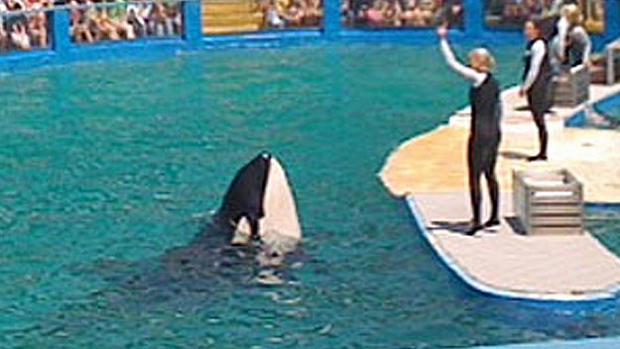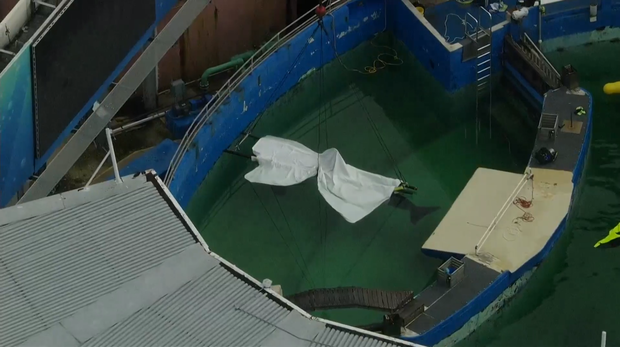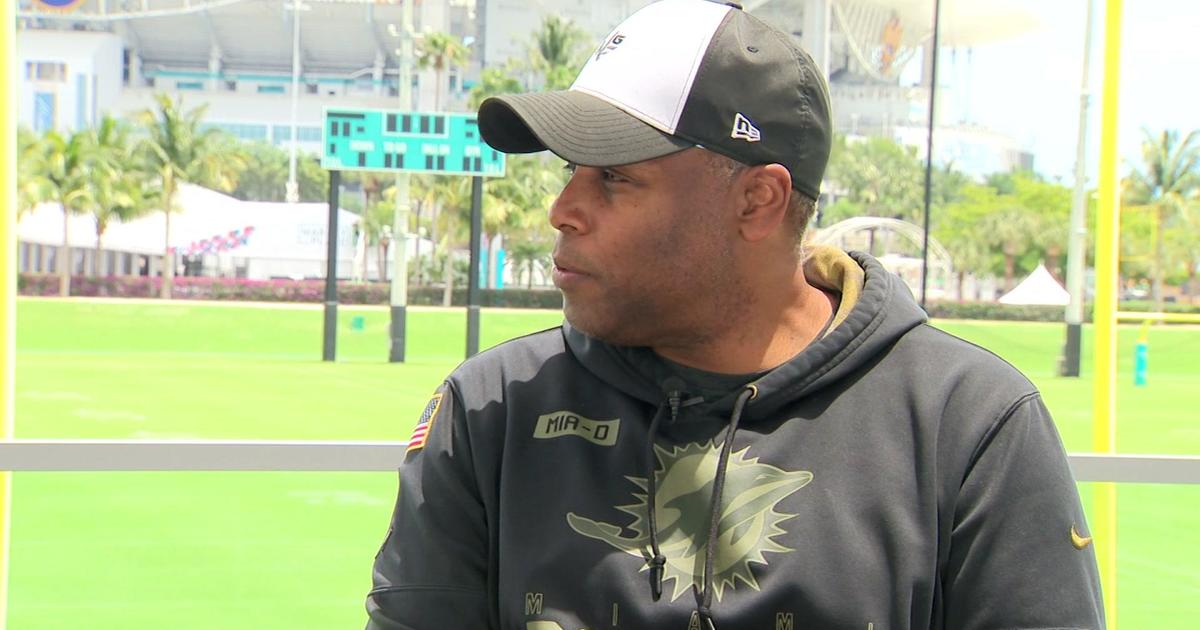Lolita, beloved killer whale who had been in captivity, has died, Miami Seaquarium says
MIAMI -- Lolita, the killer orca whale who has been in captivity for at least five decades, has died as officials were preparing to send her back to her home waters, the Miami Seaquarium said Friday in a social media post.
The attraction said Toki, who is also known by her Native American name of Tokitae, or "Toki," had been showing "serious signs of discomfort" over the past two days before she died sometime Friday afternoon.
In a Facebook post, the Miami Seaquarium said she died from what was believed to be a renal condition.
"Toki was an inspiration to all who had the fortune to hear her story and especially to the Lummi nation that considered her family," the Seaquarium post said. "Those of us who have had the honor and privilege to spend time with her will forever remember her beautiful spirit."
Others also expressed their grief over the whale's passing.
"Alongside the many Miamians who grew up visiting her, the generations of activists around the world that were inspired by her story, and the caretakers who remained dedicated to her until the end - today, we say our final goodbye to our beloved Toki," Miami-Dade Mayor Daniella Levine Cava said in a written statement. "Our collective wish was to see Toki in her native waters and we are heartbroken to learn of this sudden loss."
A group of protesters arrived at the Seaquarium with shirts and signs to indicate their opposition to the whale's captivity.
The People for the Ethical Treatment of Animals released a written statement shortly after the attraction announced the whale's death.
"Kind people begged the Miami Seaquarium to end Lolita's hellish life in a concrete cell and release her to a seaside sanctuary, where she could dive deep, feel the ocean's currents, and even be reunited with the orca believed to be her mother, but plans to move her to a seaside sanctuary came too late, and Lolita was denied even a minute of freedom from her grinding 53 years in captivity," President Ingrid Newkirk said. "PETA urges families to honor Lolita's memory by never visiting marine parks and is calling on the Seaquarium to continue with plans to send the dolphin who was Lolita's tankmate to a sea sanctuary, along with all of the other dolphins, before the death toll rises."
Lolita was believed to be at least 57 years old, making her the oldest killer whale living in captivity.
She was caught on Aug. 8, 1970, in Penn Cove, Puget Sound in Seattle, Washington when she was about 4 years old. She was later sold to the Miami Seaquarium. When she first arrived, she lived alongside another orca named Hugo for about 10 years, but he died in 1980.
For years, animal rights groups have wanted Lolita moved to "a protected cove sea pen," where she could be transitioned to the ocean.
In late March, county officials announced a plan to release her from captivity during a news conference.
"The most important thing is Toki's long-term wellbeing, and together, guided by the experts, we will continue to do what's best for her," Levine Cava said at the time. "This is such a special creature who is loved by so many people around the world. So many are concerned about her well-being after decades of being in a small tank. Here we are looking at the real possibility that she will spend the rest of her life in nature's waters and live freely."
Under the terms of the deal, the Seaquarium had approved a "binding agreement" with Friends of Lolita, a non-profit group co-founded by environmentalist Pritam Singh, to free the whale.
Edward Albor, chairman of The Dolphin Company, which manages the Miami attraction, said in a written statement at the time that officials hoped the relocation will occur in the next 18 to 24 months.
The deal to release the whale was underwritten by a "generous contribution" from Jim Irsay, owner and CEO of the NFL's Indianapolis Colts, officials said.






